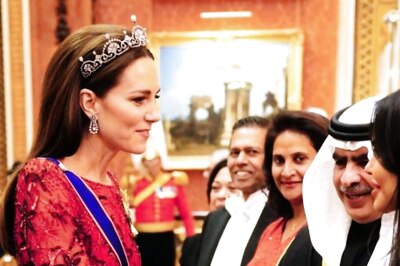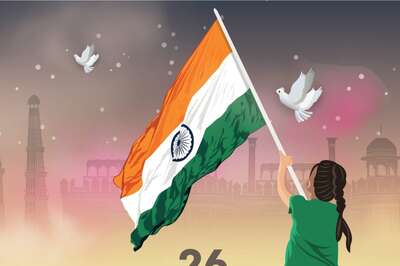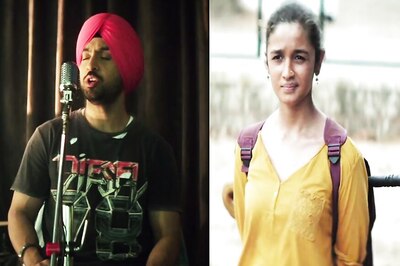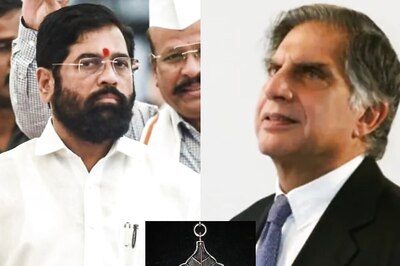
views
New Delhi: A day after International Court of Justice stayed the execution order against Kulbhushan Jadhav, a former Indian Navy official accused by Pakistan to be a spy and sentenced to death by a Pakistani military court, questions remain as to how the stay order by the apex court of international laws will be binding on Pakistan.
Yateesh Begoore, a lawyer specializing in public international law who lives in New York, has been closely following the developments in the Jadhav case. Begoore spoke to News18 to answer three key questions around the ICJ ‘stay’ on hanging and said it is not a stay order as understood by people.
India had approached the ICJ against the death sentence and accused Pakistan of “egregious” violations of the Vienna Convention on Consular Relations. It asserted that Jadhav was kidnapped from Iran where he was involved in business activities after retiring from the Indian Navy. However, Pakistan claimed to have arrested him from Balochistan on March 3, 2016.
Debayan Roy: Is the ICJ order binding on Pakistan? Will the death sentence be put on hold? And do you see Pakistan approaching the ICJ to appeal against this order?
Yateesh Begoore: While many Indian news agencies have reported that the ICJ has issued an order staying the execution of Mr. Jadhav’s death sentence, that is not, in fact, the case. A provisional measure (which is, in some aspects, similar to “stay” under domestic law) can only be ordered by a bench of the ICJ sitting to hear the request for indication of provisional measures filed by India under article 41 of the Statute of the International Court of Justice – this has not happened. The development which is erroneously being reported as a stay is technically a request made by the President of the court under article 74(4) of the Rules of the Court. Under these Rules, the President of the court has the power to “call upon” a party to a dispute to not take any action which would prejudice the ability of the court to award a provisional measure. These requests are not per se legally binding upon the parties to which they are made.
However, since India has made a request for indication of provisional measures, the ICJ is expected to hold an urgent proceeding shortly wherein it will hear and decide upon India’s request. If the court sees fit to order provisional measures at that hearing, such an order will be binding upon Pakistan.
Once the provisional measures are issued, whether Pakistan is willing to violate an order of ICJ, and risk being an international pariah, is a political decision which will be made in Islamabad.
DR: On April 20, the government said that India has asked for consular access to Jadhav for the 15th time. Still India awaits formal response from Pakistan to its two demands – consular access and details of the trial proceedings against Jadhav. What’s the road ahead?
YB: I think the current action taken by the Government of India is the most efficacious manner in which to secure consular access to Mr. Jadhav. The ICJ’s past practice in cases where foreign nationals have been sentenced to death without being afforded consular access has been to order a “review and reconsideration” of the domestic judgment. A similar result may be expected in the Kulbhushan Jadhav case, with the ICJ – in its final judgment – ordering Pakistan to review and reconsider Jadhav’s trial. The review would be conducted while the Government of India exercises its lawful rights under Article 36 of the Vienna Convention on Consular Relations, which includes, providing Mr. Jadhav adequate legal representation.
DR: There are also concerns about the secrecy around Jadhav’s whereabouts. Do you think Pakistan can be legally compelled to disclose the location?
YB: For all intents and purposes, the secrecy around Jadhav’s whereabouts will likely be dispelled through a judgment of the ICJ in India’s favour. Since the receiving state (Pakistan) is obligated under the Vienna Convention on Consular Relations to facilitate the protection work performed by the sending state’s (India) consuls in the form of visits, communications and legal arrangements made for detainees, a judgment of the court upholding this right will ensure that Pakistan facilitates access to Jadhav.


















Comments
0 comment